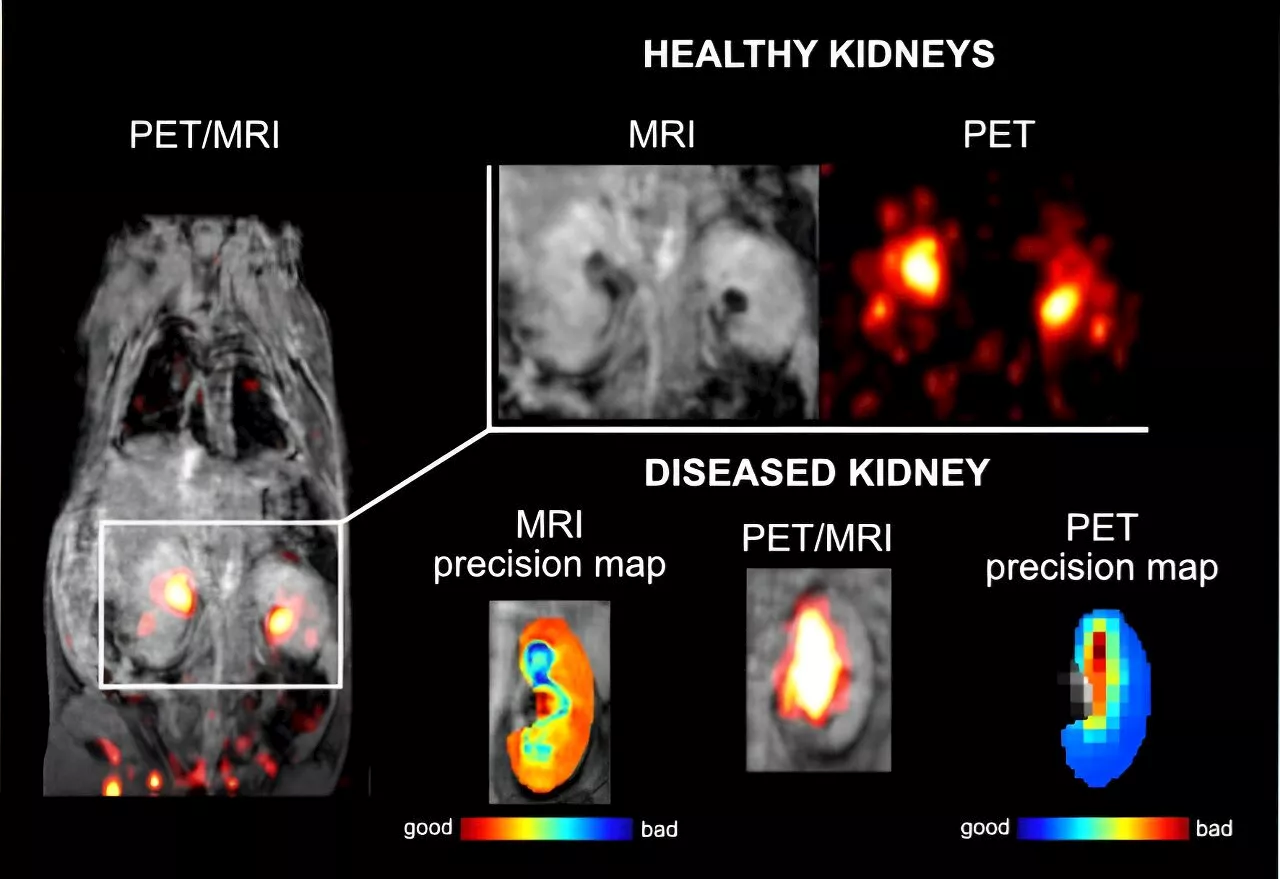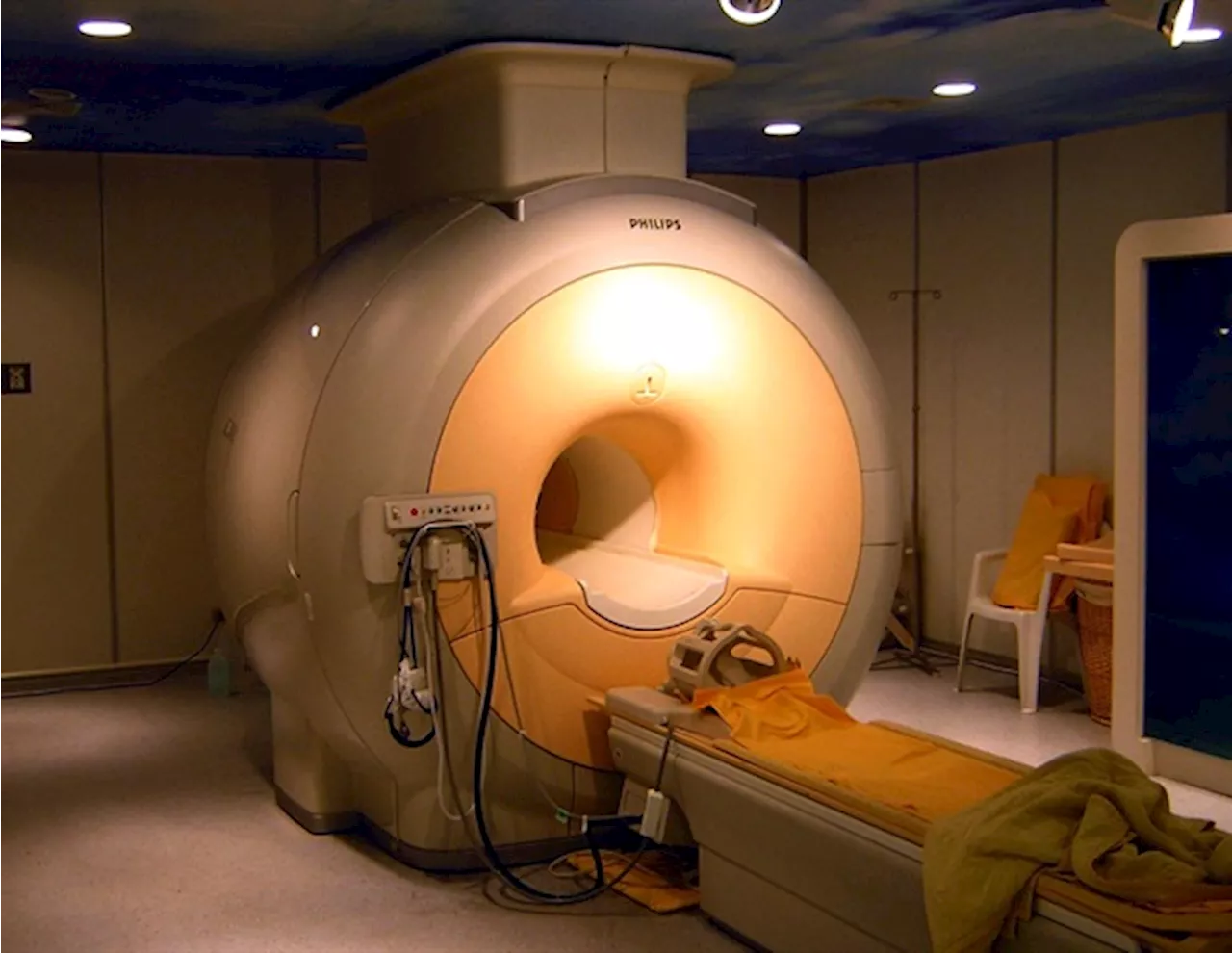It's all about your chemistry
Noted anthropologist Dr Helen Fisher, who lead groundbreaking research into how the brain deals with love and passion, has died at the age of 79 after suffering endometrial cancer.
In 1968 Fisher graduated from New York University with a BA in Anthropology and Psychology. She earned her PhD in 1975 in Physical Anthropology: Human Evolution, Primatology, and Human Sexual Behavior, and set about studying how sexual and other selection mechanisms affected human evolution. Dr Fisher and two humans engaging in an area of her research. Source: Dr Helen Fisher – Click to enlarge
Shortly after the 2005 research was published, dating site Match.com hired her as a chief scientific advisor for a new site – dubbed Chemistry.com – and developed the Fisher Temperament Inventory . This used brain chemistry and identified four key character types: Curious/Energetic, Cautious/Social Norm Compliant, Analytical/Tough-minded, and Prosocial/Empathetic. It linked these to the body's use of dopamine, serotonin, testosterone, and estrogen/oxytocin.
United Kingdom Latest News, United Kingdom Headlines
Similar News:You can also read news stories similar to this one that we have collected from other news sources.
 New PET/MRI probe promises early discovery of covert diseasesA research team from IOCB Prague, working in collaboration with the University of Tübingen, Germany, and the Faculty of Science, Charles University, has developed a new type of contrast agent that can be used in both magnetic resonance imaging (MRI) and positron emission tomography (PET).
New PET/MRI probe promises early discovery of covert diseasesA research team from IOCB Prague, working in collaboration with the University of Tübingen, Germany, and the Faculty of Science, Charles University, has developed a new type of contrast agent that can be used in both magnetic resonance imaging (MRI) and positron emission tomography (PET).
Read more »
 New dual-purpose contrast agent revolutionizes PET and MRI integration for enhanced diagnosis A Research...A research team from IOCB Prague, working in collaboration with the University of Tübingen, Germany, and the Faculty of Science, Charles University, has developed a new type of contrast agent that can be used in both magnetic resonance imaging (MRI) and positron emission tomography (PET).
New dual-purpose contrast agent revolutionizes PET and MRI integration for enhanced diagnosis A Research...A research team from IOCB Prague, working in collaboration with the University of Tübingen, Germany, and the Faculty of Science, Charles University, has developed a new type of contrast agent that can be used in both magnetic resonance imaging (MRI) and positron emission tomography (PET).
Read more »
 AI model matches radiologists in detecting clinically significant prostate cancer on MRIA deep learning model performs at the level of an abdominal radiologist in the detection of clinically significant prostate cancer on MRI, according to a study published today in Radiology, a journal of the Radiological Society of North America (RSNA).
AI model matches radiologists in detecting clinically significant prostate cancer on MRIA deep learning model performs at the level of an abdominal radiologist in the detection of clinically significant prostate cancer on MRI, according to a study published today in Radiology, a journal of the Radiological Society of North America (RSNA).
Read more »
 Study suggests an MRI may help doctors predict more aggressive prostate cancer in patientsNew Corewell Health research suggests an MRI scan can help predict whether patients with intermediate-risk prostate cancer (cancer confined to the entire prostate) may have more aggressive cancer in five years. Knowing this could potentially help doctors determine if treatment is needed up front vs.
Study suggests an MRI may help doctors predict more aggressive prostate cancer in patientsNew Corewell Health research suggests an MRI scan can help predict whether patients with intermediate-risk prostate cancer (cancer confined to the entire prostate) may have more aggressive cancer in five years. Knowing this could potentially help doctors determine if treatment is needed up front vs.
Read more »
 MRI scans can predict aggressiveness in intermediate-risk prostate cancerNew Corewell Health™ research suggests an MRI scan can help predict whether patients with intermediate-risk prostate cancer (cancer confined to the entire prostate) may have more aggressive cancer in five years.
MRI scans can predict aggressiveness in intermediate-risk prostate cancerNew Corewell Health™ research suggests an MRI scan can help predict whether patients with intermediate-risk prostate cancer (cancer confined to the entire prostate) may have more aggressive cancer in five years.
Read more »
 Advanced MRI scans help identify one in three concussion patients with 'hidden disease'Offering patients with concussion a type of brain scan known as diffusion tensor imaging MRI could help identify the one in three people who will experience persistent symptoms that can be life-changing, say Cambridge researchers.
Advanced MRI scans help identify one in three concussion patients with 'hidden disease'Offering patients with concussion a type of brain scan known as diffusion tensor imaging MRI could help identify the one in three people who will experience persistent symptoms that can be life-changing, say Cambridge researchers.
Read more »
